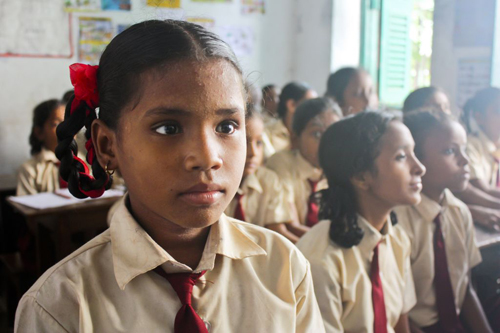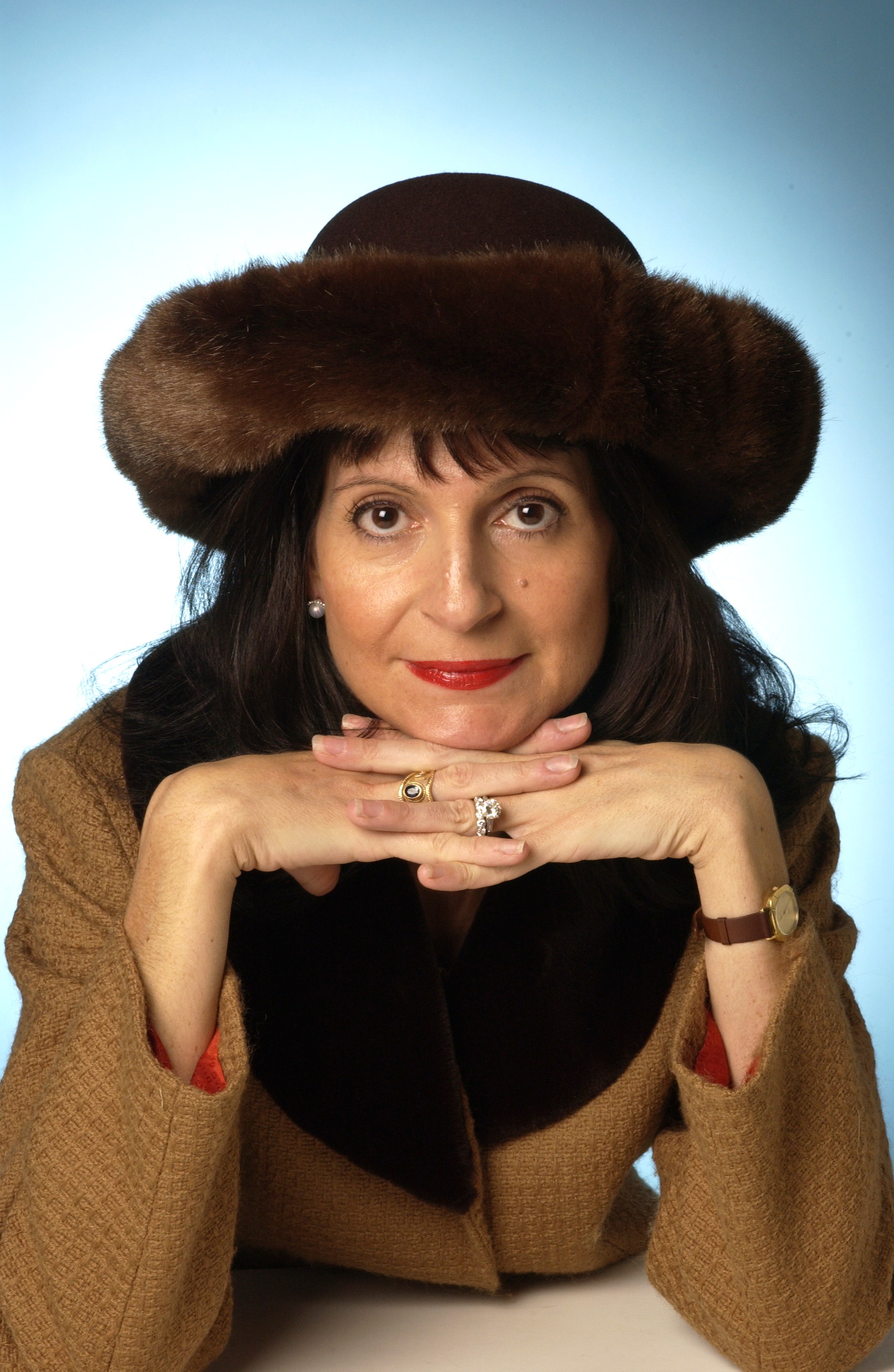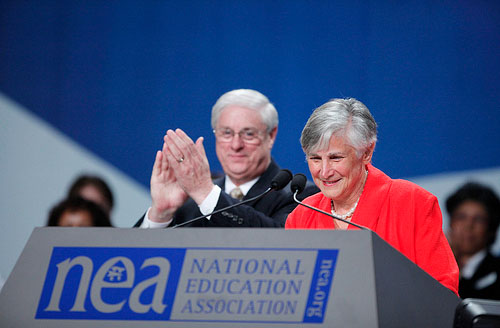什么学生想 — 什么世界领导人能够而且必须做得更好!
记住这一天,一个白色的石头 — 七月 12, 2013. 会场: 联合国. 事件: 马拉拉Yousafzai, 巴基斯坦无畏的教育权利活动家对上学途中拍摄的极端分子, 占据了中心舞台,以庆祝她的生日和她一起的同学活动家, leads us in a global discussion of the world’s major education issues. The birthday wish: That all diplomats in the audience use this celebration for renewal of their commitment and match their rhetoric for education reform with real actions in each of their own countries. All countries can and must do more to help the world’s children achieve a relevant, quality 21st century education. Let me share some of my reflections from listening to voices around the world on the diverse and contrasting education issues nations face today.
教育是对贫困的战斗中最大的武器装备, 病, brutality and prejudice. Providing education for children in the emerging markets is both vital and relatively cheap. 所以,, 从今天开始, 还有什么可以做,以获得 31 万女童和 26 million boys into school and achieve the Millenium Development Goal to boost access to education worldwide?
Extremists tremble at the prospect of children with knowledge. The empowerment of students today is the single most potent solution to tomorrow’s peace. What more can Nigerian leaders do to end the torchings and brutal murders of exemplary school children by Boko Haram (name translates as “western education is sinful”), which has been blamed for killing more than 1600 victims since 2010?
如果印度报名参加 1 %的女生在中学, 其国内生产总值将上升 $5.5 十亿. Girls with eight years of education are four times less likely to be married as children. 出生在一个有文化的母亲孩子是 50 percent more likely to survive past the age of five. 教育的一个额外的一年一个女孩可以赚 20 %以上的作为成人, 和受过教育的母亲都超过两倍,可能送孩子上学. We understand how and why educating girls works thanks to the voices of nine remarkable girls from Peru, 海地, 埃及, 塞拉利昂, 阿富汗, 埃塞俄比亚, 印度, Nepal and Cambodia in Richard Robbins’ powerful film, 女孩上升. What more can their countries do to support them?
Chilean students cry out that free public education is a universal human right and is the most effective way to address the severe social inequalities in a country where the rich go to the best universities and the poor go to third class universities. What more can Chile’s leadership do to support an education system with deep divides along class lines (one of the world’s lowest levels of public funding for higher education, some of the longest degrees, no comprehensive system of student grants or subsidized loans)?
一方面, society says I must get an education. On the other, society isn’t going to pay for it if I cannot. Shouldn’t going to University depend on ability versus ability to pay? 世界各地的, students have joined forces in the face of surging costs in higher education and the lack of accessibility. They also seek the answer to this question, “Will the enormous investment in time and money I am being asked to make in my education pay off?” 在美国, the student loan debt is more than $1 兆 (60 percent of students must borrow to help cover costs according to the 高等教育纪事), making it the highest form of personal debt in this country. In Great Britain, the National Campaign Against Fees and Cuts protests government’s plans for a market-driven higher education system, rising tuition fees and a growing number of students being priced out of obtaining a degree. 在过去的一年, we have seen similar protests from dedicated student organizations in Quebec, 新西兰, 危地马拉, Spain and Italy, to mention but a few. What more can the governments of these countries do to find solutions to student needs?
To the education leaders in the United Nations audience for Malala and her fellow students, I say: You need a game changer that will address the variety of big picture issues that today’s students face. You need to be more innovative in terms of finding solutions to what is becoming the world’s biggest problem. Around the world today, students are wide awake. They are many and they are united by one struggle — 他们希望教育能够访问, affordable and relevant to their lives. They will continue to mobilize and you can be sure that on this issue, 他们不会退缩.
在全球寻找教育, 和我一样,全球知名的思想领袖,包括迈克尔·巴伯爵士 (英国), 何. 迈克尔座 (美国), 何. 莱昂特司特因 (美国), 克莱克里斯坦森教授 (美国), 何. 琳达·达林 - 哈蒙德 (美国), 何. 马达夫查万 (印度), 迈克尔·富兰教授 (加拿大), 霍华德·加德纳教授 (美国), 安迪·哈格里夫斯教授 (美国), 伊冯娜赫尔曼教授 (荷兰), 克里斯汀Helstad教授 (挪威), 让·亨德里克森 (美国), 玫瑰Hipkins教授 (新西兰), 科妮莉亚Hoogland教授 (加拿大), 这位杰夫·约翰逊 (加拿大), 太太. 尚塔尔考夫曼 (比利时), 何. Eija Kauppinen (芬兰), 国务秘书塔皮奥Kosunen (芬兰), 多米尼克·拉方丹教授 (比利时), 休·劳德教授 (英国), 本·莱文教授 (加拿大), 主肯麦克唐纳 (英国), 巴里McGaw教授 (澳大利亚), 希夫纳达尔 (印度), Ř教授. 纳塔拉詹 (印度), 何. 吴PAK (新加坡), 何. 丹尼斯教皇 (美国), 斯瑞达拉贾戈帕兰 (印度), 何. 黛安·拉维奇 (美国), 理查德·威尔逊·赖利 (美国), 肯·罗宾逊爵士 (英国), 帕西SAHLBERG教授 (芬兰), 安德烈亚斯·施莱歇 (PISA, 经合组织), 何. 安东尼·塞尔顿 (英国), 何. 大卫·谢弗 (美国), 何. 基尔斯滕都沉浸式 (挪威), 总理斯蒂芬·SPAHN (美国), 伊夫Theze (公立中学法语美国), 查尔斯Ungerleider教授 (加拿大), 托尼·瓦格纳教授 (美国), 大卫·沃森爵士 (英国), 迪伦Wiliam教授 (英国), 何. 马克沃莫尔德 (英国), 西奥Wubbels教授 (荷兰), 迈克尔·杨教授 (英国), 和张民选教授 (中国) 因为他们探索所有国家今天面临的大画面的教育问题. 全球搜索教育社区页面
ç. M. 鲁宾是两个广为传诵的在线系列,她接受了笔者 2011 厄普顿·辛克莱奖, “全球搜索教育” 和 “我们将如何阅读?” 她也是三本畅销书, 其中 真正的爱丽丝梦游仙境.





最新评论